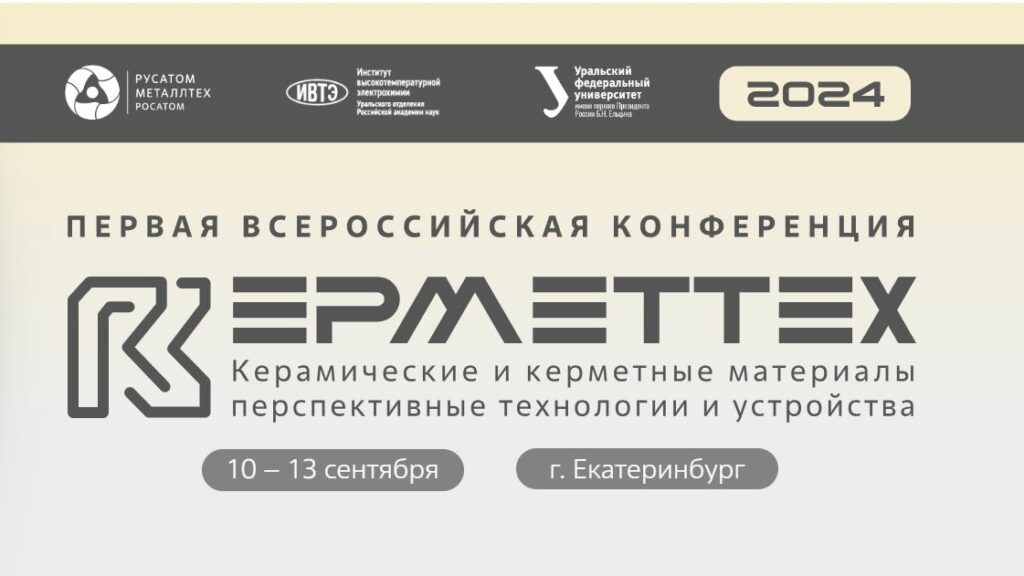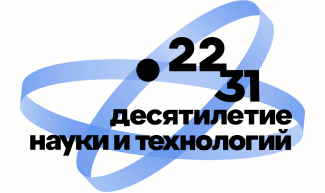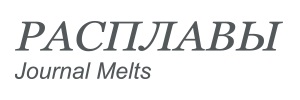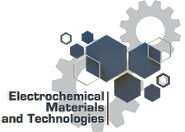Special Issue “Electrochemical Phase Formation of Materials and Its Modeling”
The development of concepts concerning electrochemical phase formation is necessary both for solving fundamental problems of modern science and for further progress in materials research. Understanding the general laws of electrochemical phase formation and studying electrocrystallization processes in each system using adequate theoretical models and experimental methods are important factors for effective control of the structure and morphology of the resulting materials, especially thin films and nanomaterials.

Guest Editor
The intention with this Special Issue of Materials is to provide a platform for exchanging new ideas and advances regarding the theoretical, experimental, and computational approaches for studying complex and multifaceted phenomenon such as electrochemical phase formation. Among others, the following topics are the main fields of interest for this Special Issue: numerical modeling of nucleation and growth processes; development of the theory of the initial stages of electrocrystallization; formation and growth of nanoparticles on nano- and microelectrodes; development of methods for analyzing the mechanism and kinetics of electrochemical phase formation at constant and variable supersaturation (overpotential); experimental data and simulation of the effect of electrodeposition conditions on the microstructure, morphology, composition, and properties of the new phase; experimental studies combining electrochemical methods with modern possibilities of in situ electron microscopy observations; and electrocrystallization of promising materials for various applications.
Keywords
-
nucleation and growth processes
-
electrodeposition
-
mechanism
-
kinetics
-
computer simulation
-
structure
-
morphology
Deadline for manuscript submissions: 10 April 2023






